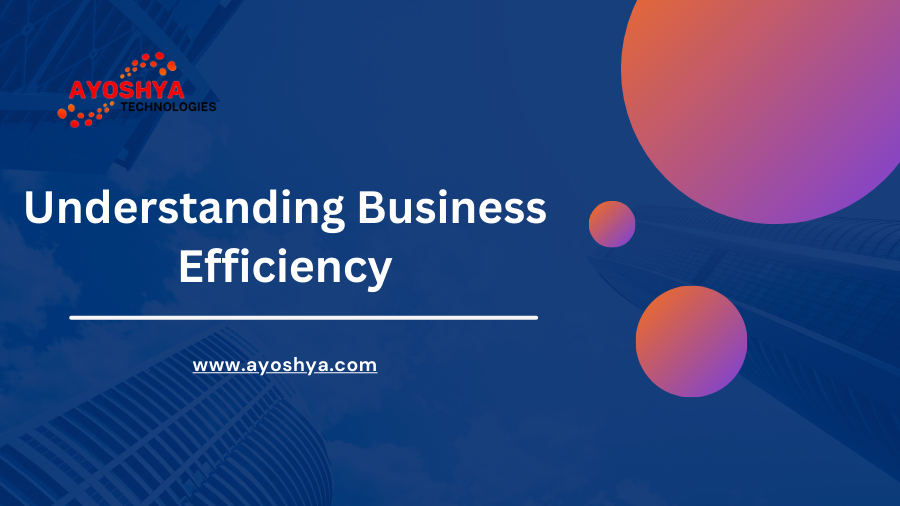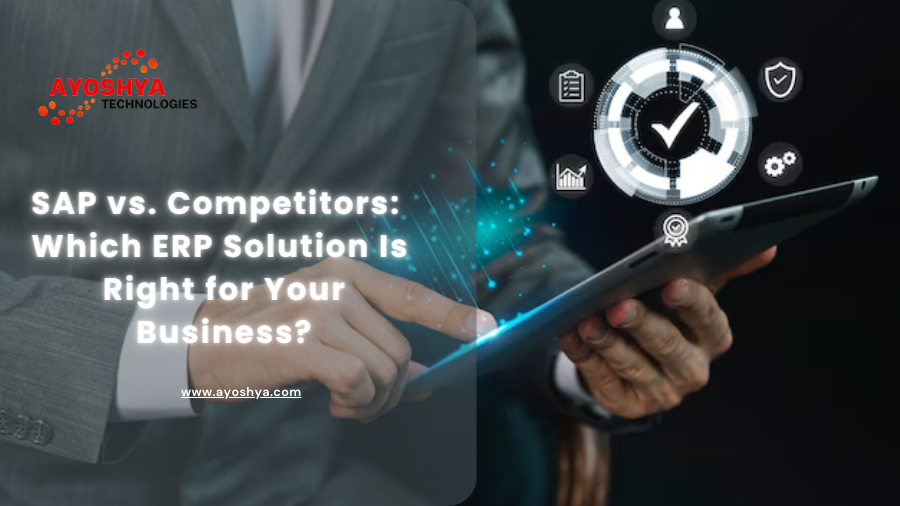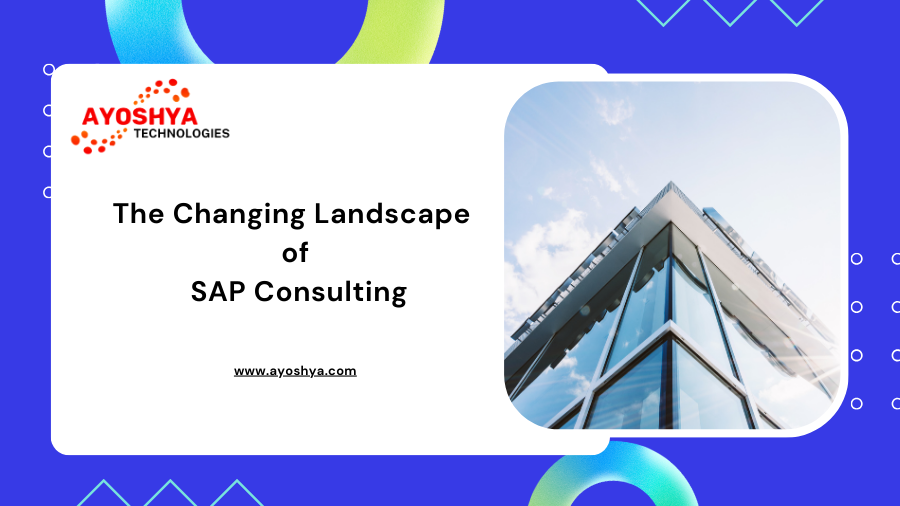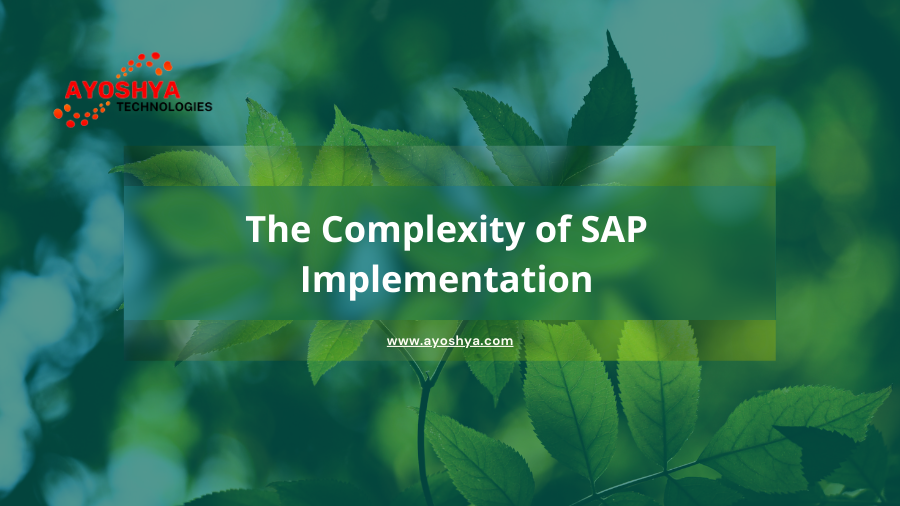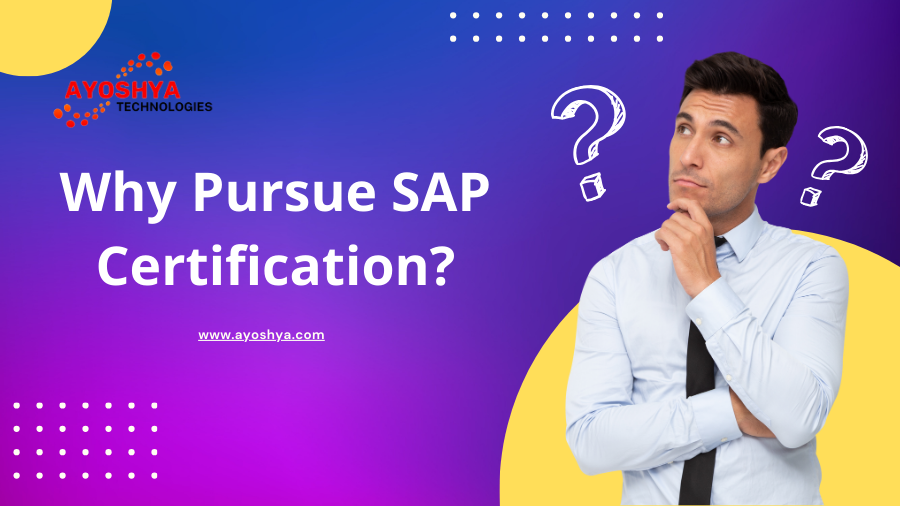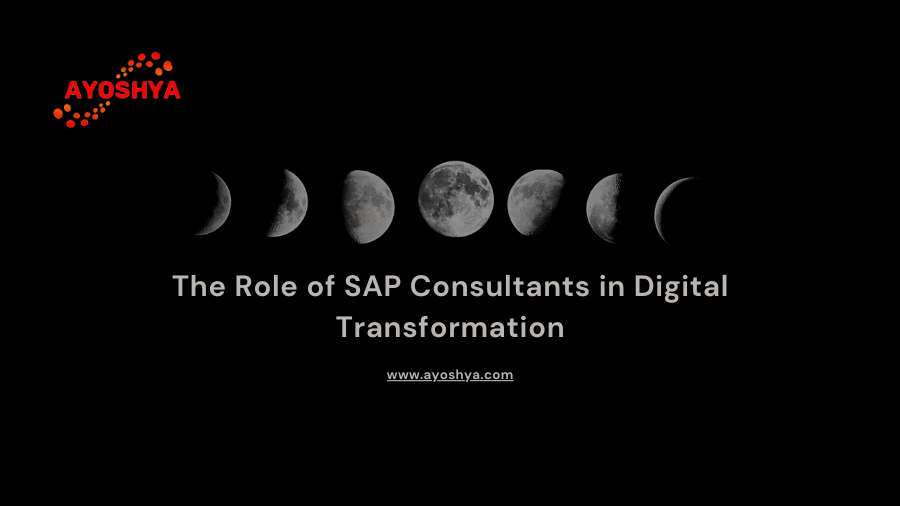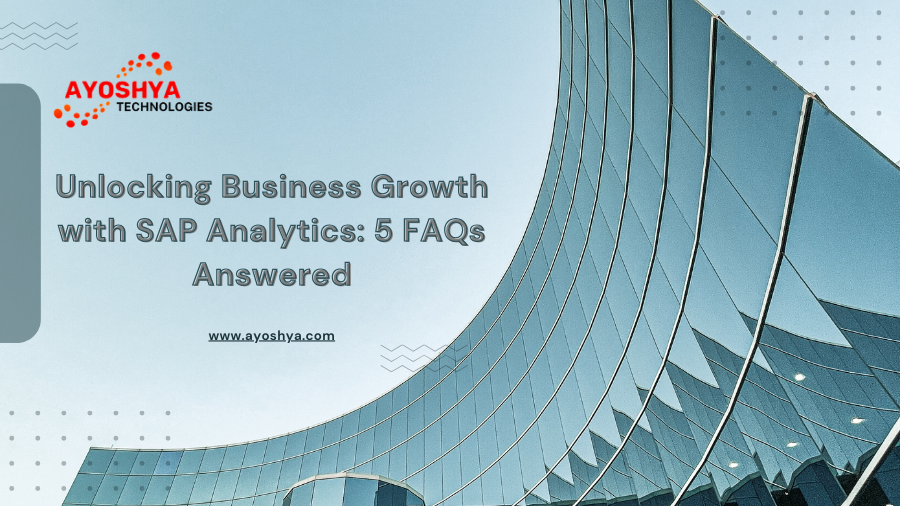Understanding Business Efficiency
Business efficiency refers to the ability of an organization to achieve its goals with minimal resources, time, and effort. It’s about doing things better, faster, and more cost-effectively without compromising quality.
The Significance of Business Efficiency
Efficiency is crucial for several reasons:
1. Cost Reduction
Efficient businesses minimize waste, reduce operational costs, and improve profitability.
2. Resource Optimization
Efficient resource allocation ensures that the right resources are used for the right tasks, increasing productivity.
3. Competitive Advantage
Efficient businesses can offer better prices, faster delivery, and higher quality, giving them a competitive edge.
4. Customer Satisfaction
Efficiency leads to better customer experiences, including quicker response times and accurate order processing.
5. Innovation
Efficiency frees up resources and time for innovation and strategic growth.
Strategies for Achieving Business Efficiency
To enhance business efficiency, consider these strategies:
1. Process Optimization
Continuously review and streamline processes to eliminate bottlenecks, reduce manual tasks, and improve workflows.
2. Automation
Implement automation for routine and repetitive tasks, such as data entry, customer communications, and inventory management.
3. Data-Driven Decision-Making
Utilize data analytics to gain insights into operations and identify areas for improvement.
4. Resource Management
Efficiently allocate resources, including personnel, equipment, and capital, to maximize productivity.
5. Training and Development
Invest in employee training to enhance skills and expertise, improving overall efficiency.
6. Technology Adoption
Embrace modern technologies, such as cloud computing, collaboration tools, and ERP systems, to enhance efficiency.
7. Supplier Relationships
Foster strong relationships with suppliers to optimize the supply chain and reduce lead times.
8. Customer-Centric Approach
Focus on understanding customer needs and preferences to tailor products and services effectively.
Conclusion
Business efficiency isn’t a one-time achievement; it’s an ongoing journey of improvement. Organizations that prioritize efficiency are better positioned to adapt to changing market conditions, deliver exceptional value to customers, and remain competitive in an ever-evolving business landscape. By adopting the right strategies and fostering a culture of continuous improvement, businesses can unlock their full potential and achieve sustainable success.
Free Bonuses:
Customer And Vendor Master Data Management In S/4 Hana
Enterprise Resource Planning(ERP) Unlocking Business Efficiency



